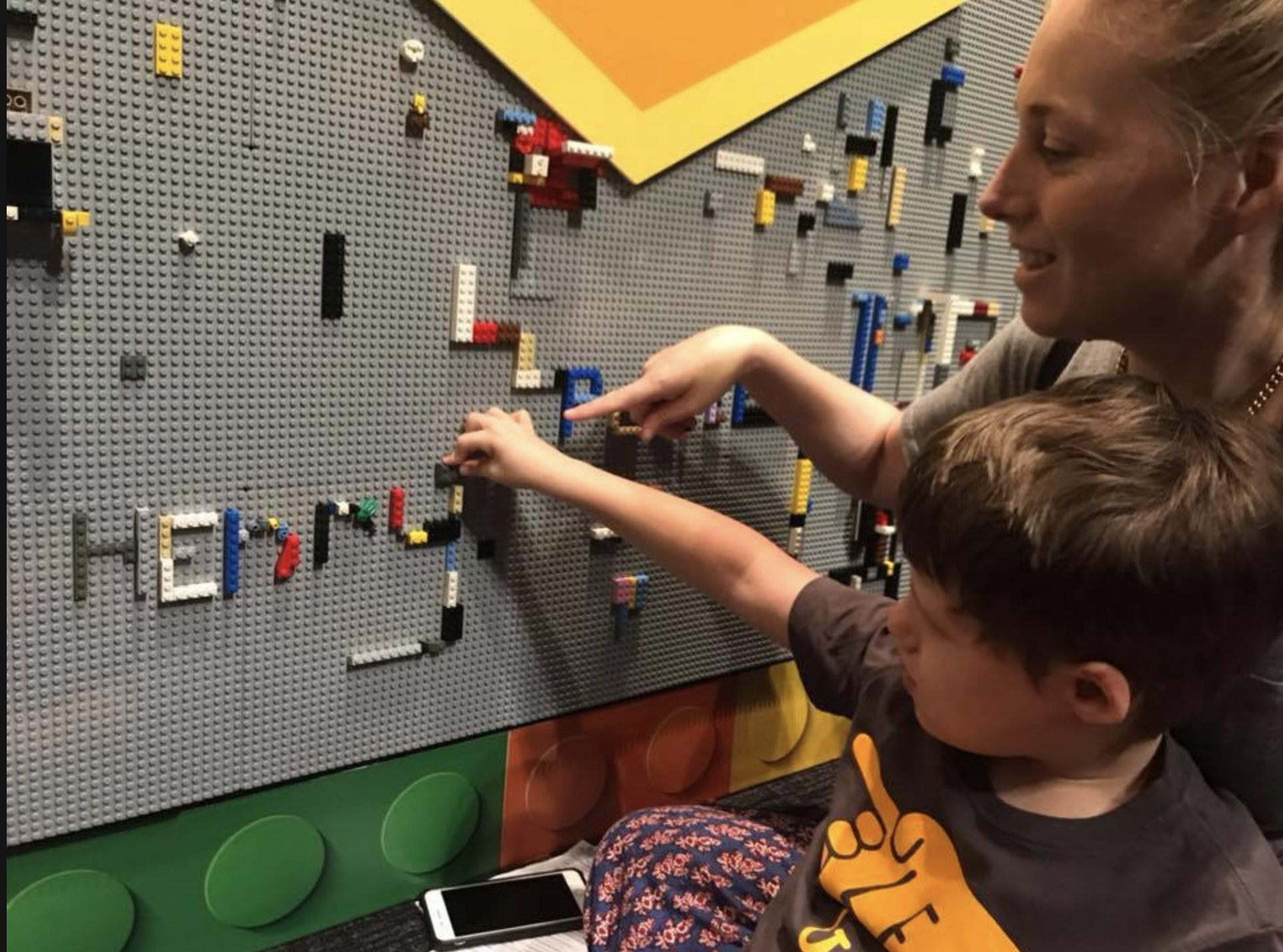Things I wish I knew back in the early days…

Firstly, it is going to be ok.
Don’t try and do everything at once.
It’s overwhelming, and you will burn out. No, really, you will! As much as you feel a strong sense of urgency, and you hear how important early intervention is, there is time. Your child won’t suffer if you can’t do everything right now. Children learn into adulthood. There is time.
Don’t define your child by their disability.
There is a medical model of disability where the focus is on our children’s ‘deficits’ (by the way, I dislike that word – a lot) and you may feel this at your child’s medical appointments or developmental assessments where they talk a lot about what your child can’t do. One of the best things I learned in the early days (thank you ‘Now&Next’) was to look at my child’s abilities, and to open my eyes to his strengths, his personality, and all the wonderful things that make him unique. He is my child first. He is not defined by his disability.
Tap into those strengths. Your child’s and your own.
Share your child’s strengths and interests with your therapy team; they will help motivate your child and keep them engaged and happy in activities if they are enjoying them. And recognise your own strengths, and how you can use them as a parent. I like to use my strength of creativity to create e-books and social stories for my child.
It’s ok to take some time to look after yourself.
You need to be in a good place, to provide the best support for your child. Don’t feel guilty trying to edge out some time for yourself. It’s good for you. And it’s good for your child.
Try not to focus on the ‘maybe’s’.
I remember our doctor saying our son may never walk. I worried. A. Lot. And it was something that only time was going to tell. Our son walked after his third birthday. That’s a lot of time worrying. It’s easy for me to say not to worry, with the benefit of hindsight. As your child grows and develops, these milestones come and go. It is hard in the early days with so many unknowns ahead. It does get easier.
Don’t get too far ahead of yourself (or your child).
Think about what you can do today, tomorrow and next week. Don’t look too far ahead. Ignore all the articles online about milestones, and what to expect, and when. Instead, just focus on where your child is at now, set mini-goals, and celebrate like crazy when your child achieves an ‘inch-stone’.
Don’t compare your child to other children their age.
The only time this is useful is when you are preparing for your child’s NDIS plan. At all other times, just be with them, where they are at.
Maintain the ordinary life.
I remember rushing from one therapy appointment to the next, and one specialist appointment to another. One day I stopped and looked back. I realised that we hadn’t done any of the ordinary things in months. By ordinary things, I mean the stuff that typical mothers and babies do. At the places that typical mothers and babies go. From then on, we made a conscious effort to go back to mothers’ group, playgroup… even our local playground. The ordinary stuff is important too.
Make time for friends.
Following on from the above point, make a conscious effort to catch up with friends. Prioritise that coffee catch up, or dinner out with the girls, or even a date night with hubby. Pay a babysitter if you can. If your friends have disappeared by the time you read this, try and get out and make new friends. There are probably lots of other Mums (or dads!) of children with disability or delay, who would appreciate a catch up. These parents ‘get it’ when some of our old friends may not. Ideally, this is an opportunity to keep old friends, and gain a bunch of new ones!
Above all, remember, you’ve got this!
By Jennifer Williamson.
Jennifer is mum to two boys with a disability. She is passionate about her boys living an inclusive life, and being the best little people they can be! She loves to connect with other parents to learn from each others experiences, successes and strategies.
Jennifer has a keen interest in all things NDIS and developed and facilitated numerous workshops at Plumtree for families to learn about the NDIS, prepare for a plan meeting and self-manage their child’s funding package.